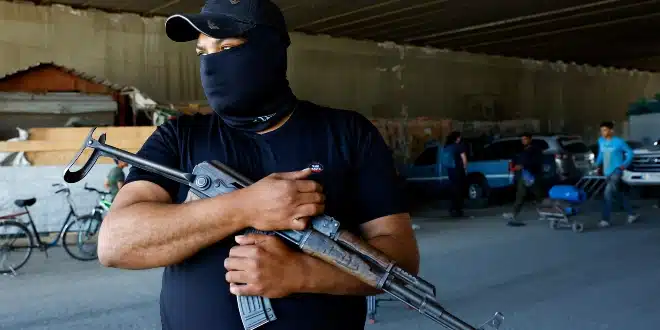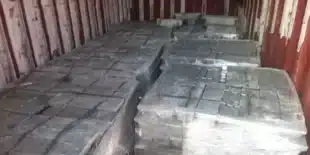On April 30, 2025, Israel conducted an airstrike in Sahnaya, a town situated approximately 15 kilometers southwest of Damascus, Syria. The operation targeted an extremist group allegedly preparing to attack the local Druze community. Israeli Prime Minister Benjamin Netanyahu and Defense Minister Israel Katz described the strike as a “warning operation,” emphasizing Israel’s expectation that the Syrian government will act to prevent harm to the Druze population.
Sectarian Clashes Escalate Near Damascus
The Israeli airstrike occurred amid escalating sectarian violence in the Damascus region. Clashes between Druze fighters and forces aligned with Syria’s new Islamist-led government have intensified, particularly in the suburbs of Jaramana and Ashrafiyat Sahnaya. These confrontations have resulted in multiple fatalities, including civilians and security personnel.
Tensions were exacerbated by the circulation of an audio recording purportedly insulting the Prophet Muhammad, allegedly attributed to a Druze cleric. The cleric denied involvement, and the Syrian Interior Ministry later confirmed the recording was fabricated. Despite this, the incident sparked violence, with pro-government forces attacking Druze-majority areas.
Israel’s Position and Regional Implications
Israel’s intervention reflects its longstanding commitment to the Druze community, both within its borders and in neighboring countries. The Druze, a religious minority with significant populations in Syria, Lebanon, and Israel, have historical and familial ties across these regions. Israeli officials have reiterated their dedication to protecting Druze communities from external threats.
Since the ousting of Syrian President Bashar al-Assad in December 2024 by a Sunni Islamist offensive, Israel has increased its military presence in southern Syria. This includes establishing a demilitarized buffer zone and conducting operations aimed at preventing attacks on minority groups, particularly the Druze.
The new Syrian administration under President Ahmed al-Sharaa has faced challenges in consolidating power and managing sectarian tensions. Efforts to integrate various armed factions into a unified national army have met resistance, especially from minority groups wary of the Islamist-led government’s intentions.
Humanitarian Concerns and Calls for Stability
The recent violence has raised humanitarian concerns, with reports of civilian casualties and displacement. Local monitoring groups have documented fatalities among residents and security forces, highlighting the conflict’s toll on non-combatants.
In response to the unrest, religious leaders and community elders have called for de-escalation and dialogue. The Grand Mufti of Syria, Sheikh Osama al-Rifai, urged citizens to reject sectarian incitement and emphasized the sanctity of Syrian lives. Additionally, Druze dignitaries from the Suwayda Governorate have engaged in efforts to mediate and restore calm in affected areas.


